
Creativity quotes can help to inspire your creative soul.
Reading quotes about creativity can do many things for you. For starters, they can provide inspiration when your creativity well seems to have run dry. Secondly, they can help give you the push that you need to get started on your creative endeavors, whether it’s writing a screen play, putting together a presentation for a client, or simply being more creative in your everyday life.
 In addition, creativity quotes can help keep you motivated when your creative pursuits are taking longer than you hoped they would, and they can help you persevere until you cross the finish line. Finally, they can give you the necessary courage to put your creative projects out there and share them with the world.
In addition, creativity quotes can help keep you motivated when your creative pursuits are taking longer than you hoped they would, and they can help you persevere until you cross the finish line. Finally, they can give you the necessary courage to put your creative projects out there and share them with the world.
Here, then, are 75 creativity quotes to get your creative juices flowing.
1. “There is no doubt that creativity is the most important human resource of all. Without creativity, there would be no progress, and we would be forever repeating the same patterns.” — Edward de Bono
2. “There is only one of you in all time, this expression is unique. And if you block it, it will never exist through any other medium and it will be lost.” — Martha Graham
3. “Creativity is thinking up new things. Innovation is doing new things.” — Theodore Levitt
4. “A new idea is delicate. It can be killed by a sneer or a yawn; it can be stabbed to death by a quip and worried to death by a frown on the right man’s brow.” — Charles Brower
5. “When we engage in what we are naturally suited to do, our work takes on the quality of play and it is play that stimulates creativity.” – Linda Naiman
6. “The creative is the place where no one else has ever been. You have to leave the city of your comfort and go into the wilderness of your intuition. What you’ll discover will be wonderful. What you’ll discover is yourself.” — Alan Alda
7. “It is better to have enough ideas for some of them to be wrong, than to be always right by having no ideas at all.” — Edward de Bono
8. “A painter told me that nobody could draw a tree without in some sort becoming a tree; or draw a child by studying the outlines of its form merely . . . but by watching for a time his motions and plays, the painter enters into his nature and can then draw him at every attitude . . .” — Ralph Waldo Emerson
9. “Genius means little more than the faculty of perceiving in an unhabitual way.” — William James
10. “The creative person wants to be a know-it-all. He wants to know about all kinds of things-ancient history, nineteenth century mathematics, current manufacturing techniques, hog futures. Because he never knows when these ideas might come together to form a new idea. It may happen six minutes later, or six months, or six years. But he has faith that it will happen.” — Carl Ally
11. “Creativity is inventing, experimenting, growing, taking risks, breaking rules, making mistakes, and having fun.” — Mary Lou Cook
12. “You can’t wait for inspiration, you have to go after it with a club.” — Jack London
13. “Every artist dips his brush in his own soul, and paints his own nature into his pictures.” — Henry Ward Beecher
14. “The key question isn’t “What fosters creativity?” But it is why in God’s name isn’t everyone creative? Where was the human potential lost? How was it crippled? I think therefore a good question might be not why do people create? But why do people not create or innovate? We have got to abandon that sense of amazement in the face of creativity, as if it were a miracle if anybody created anything.” — Abraham Maslow
15. “Nothing is done. Everything in the world remains to be done or done over. The greatest picture is not yet painted, the greatest play isn’t written, the greatest poem is unsung. There isn’t in all the world a perfect railroad, nor a good government, nor a sound law. Physics, mathematics, and especially the most advanced and exact of the sciences are being fundamentally revised. . . Psychology, economics, and sociology are awaiting a Darwin, whose work in turn is awaiting an Einstein.” — Lincoln Steffens
16. “The world is but a canvas to the imagination.” — Henry David Thoreau
17. “We have come to think of art and work as incompatible, or at least independent categories and have for the first time in history created an industry without art.” — Ananda K. Coomaraswamy
18. “So you see, imagination needs moodling – long, inefficient, happy idling, dawdling and puttering.” — Brenda Ueland
19. “Creativity is… seeing something that doesn’t exist already. You need to find out how you can bring it into being and that way be a playmate with God.” — Michele Shea
20. “The most potent muse of all is our own inner child.”
– Stephen Nachmanovitch
21. “As competition intensifies, the need for creative thinking increases. It is no longer enough to do the same thing better . . . no longer enough to be efficient and solve problems” — Edward de Bono
22. “Listen to anyone with an original idea, no matter how absurd it may sound at first. If you put fences around people, you get sheep. Give people the room they need.” — William McKnight, 3M President
23. “Everyone who’s ever taken a shower has had an idea. It’s the person who gets out of the shower, dries off and does something about it who makes a difference.” — Nolan Bushnell
24. “All great deeds and all great thoughts have a ridiculous beginning.” — Albert Camus
 25. “You write your first draft with your heart and you re-write with your head. The first key to writing is to write, not to think.” — Sean Connery
25. “You write your first draft with your heart and you re-write with your head. The first key to writing is to write, not to think.” — Sean Connery
26. “Around here, however, we don’t look backwards for very long. We keep moving forward, opening up new doors and doing new things, because we’re curious… and curiosity keeps leading us down new paths.” — Walt Disney
27. “God is really another artist. He invented the giraffe, the elephant and the cat. He has no real style. He just goes on trying other things.” — Pablo Picasso
28. “To draw, you must close your eyes and sing.” — Pablo Picasso
29. “A rock pile ceases to be a rock pile the moment a single man contemplates it, bearing within him the image of a cathedral.” — Antoine de Saint-Exupéry
30. “The wastebasket is a writer’s best friend.” — Isaac Bashevis Singer
31. “Ideas are like rabbits. You get a couple and learn how to handle them, and pretty soon you have a dozen.” — Jonh Steinbeck
32. “If you hear a voice within you say, ‘You cannot paint,’ then by all means paint, and that voice will be silenced.” — Vincent van Gogh
33. “Where observation is concerned, chance favors the prepared mind.” – Louis Pasteur
34. “I shall become a master in this art only after a great deal of practice.” — Erich Fromm
35. “I began by tinkering around with some old tunes I knew. Then, just to try something different, I set to putting some music to the rhythm that I used in jerking ice-cream sodas at the Poodle Dog. I fooled around with the tune more and more until at last, lo and behold, I had completed my first piece of finished music. ” — Duke Ellington
36. “Because of their courage, their lack of fear, they (creative people) are willing to make silly mistakes. The truly creative person is one who can think crazy; such a person knows full well that many of his great ideas will prove to be worthless. The creative person is flexible; he is able to change as the situation changes, to break habits, to face indecision and changes in conditions without undue stress. He is not threatened by the unexpected as rigid, inflexible people are.” — Frank Goble
37. “Invention strictly speaking, is little more than a new combination of those images which have been previously gathered and deposited in the memory; nothing can come from nothing.” — Sir Joshua Reynolds
38. “Sit down before fact as a little child, be prepared to give up every conceived notion, follow humbly wherever and whatever abysses nature leads, or you will learn nothing.” — Huxley, Thomas
39. There is no use trying,” said Alice. “One can’t believe impossible things.” “I daresay you haven’t had much practice,” said the Queen. “When I was your age, I always did it for half an hour a day. Why, sometimes I’ve believed as many as six impossible things before breakfast.” — Lewis Carroll
40. “Creativity is contagious. Pass it on.” — Albert Einstein
41. “The principle goal of education is to create men who are capable of doing new things, not simply of repeating what other generations have done – men who are creative, inventive and discoverers.” — Jean Piaget
42. “The creative person is willing to live with ambiguity. He doesn’t need problems solved immediately and can afford to wait for the right ideas.” — Abe Tannenbaum
43. “An invasion of armies can be resisted, but not an idea whose time has come.” — Victor Hugo
44. “An idea that is developed and put into action is more important than an idea that exists only as an idea.” — Edward de Bono
45. ” Conditions for creativity are to be puzzled; to concentrate; to accept conflict and tension; to be born everyday; to feel a sense of self.” — Erich Fromm
46. ” Creativity is the quality that you bring to the activity that you are doing. It is an attitude, an inner approach – how you look at things . . . Whatsoever you do, if you do it joyfully, if you do it lovingly, if your act of doing is not purely economical, then it is creative.” – Osho
47. “You become more divine as you become more creative. All the religions of the world have said God is the creator. I don’t know whether he is the creator or not, but one thing I know: the more creative you become, the more godly you become. When your creativity comes to a climax, when your whole life becomes creative, you live in God. So he must be the creator because people who have been creative have been closest to him. Love what you do. Be meditative while you are doing it – whatsoever it is!” — Osho
48. “Every day is an opportunity to be creative – the canvas is your mind, the brushes and colours are your thoughts and feelings, the panorama is your story, the complete picture is a work of art called, ‘my life’. Be careful what you put on the canvas of your mind today – it matters.” — Innerspace
49. “It seems to be one of the paradoxes of creativity that in order to think originally, we must familiarize ourselves with the ideas of others.” — George Kneller
 50. “The highest prize we can receive for creative work is the joy of being creative. Creative effort spent for any other reason than the joy of being in that light filled space, love, god, whatever we want to call it, is lacking in integrity. . .
50. “The highest prize we can receive for creative work is the joy of being creative. Creative effort spent for any other reason than the joy of being in that light filled space, love, god, whatever we want to call it, is lacking in integrity. . .
– Marianne Williamson
51. “To be creative means to be in love with life. You can be creative only if you love life enough that you want to enhance its beauty, you want to bring a little more music to it, a little more poetry to it, a little more dance to it.” –Osho
52. “The world is but a canvas to the imagination.” — Henry David Thoreau
53. “We will discover the nature of our particular genius when we stop trying to conform to our own and other’s people’s models, learn to be ourselves and allow our natural channel to open.” — Shakti Gawain
54.
“When you are describing,
A shape, or sound, or tint;
Don’t state the matter plainly,
But put it in a hint;
And learn to look at all things,
With a sort of mental squint.”
–Lewis Carroll
55. “Daring ideas are like chessmen moved forward; they may be beaten, but they may start a winning game.” — Goethe
56. “I can’t understand why people are frightened of new ideas. I’m frightened of the old ones.” John Cage
57. “What is an artist? A provincial who finds himself somewhere between a physical reality and a metaphysical one…. It’s this in-between that I’m calling a province, this frontier country between the tangible world and the intangible one—which is really the realm of the artist.” — Federico Fellini
58. “Some people use things; they destroy. You’re a creator, a builder.” — Amelia Atwater-Rhodes Quotes
59. “To live a creative life, we must lose our fear of being wrong.” — Joseph Chilton Pierce Quotes
60. “You can’t use up creativity. The more you use, the more you have.” — Maya Angelou
61. “By believing passionately in something that still does not exist, we create it. The non-existent is whatever we have not sufficiently desired.” Nikos Kazantzakis
62. “Behind all creation is silence. Silence is the essential condition, the vital ingredient for all creation and all that is created. It is a power in its own right. The artist starts with a blank canvas – silence. The composer places it between and behind the notes. The very ground of your being, out of which comes all your thoughts, is silence. The way to silence is through meditation. When you arrive in your own silence you will know true freedom and real power. Stop, take a minute, and listen to the silence within you today. Then be aware of what disturbs your inner silence. It could be negative thoughts, memories, sensations. And when you are aware, you will know what is draining your creative power, and you will know what needs to change…on the inside!” — Relax7.com
63. “One of my early mentors, poet David Wagoner, who divides the creative process into three phases – madman, poet and critic – once told me that you need to find your own magic to stay in the world of creative play.” — Sonia Gernes
64. “A man may die, nations may rise and fall, but an idea lives on.” — John F. Kennedy
65. “Do not fear to be eccentric in opinion, for every opinion now accepted was once eccentric.” — Bertrand Russell
66. “The difficulty lies not so much in developing new ideas as in escaping from old ones.” — John Maynard Keynes
67. “Held in the palms of thousands of disgruntled people over the centuries have been ideas worth millions – if they only had taken the first step and then followed through.” – Robert M. Hayes
68. “Life is trying things to see if they work.” – Ray Bradbury
69. “The stone age didn’t end because they ran out of stones.” – unknown
70. “Truly creative people care a little about what they have done, and a lot about what they are doing. Their driving focus is the life force that surges in them now.” — Alan Cohen
71. “An artist paints, dances, draws, writes, designs, or acts at the expanding edge of consciousness. We press into the unknown rather than the known. This makes life lovely and lively.” — Julia Cameron
72. “A truly creative person rids him or herself of all self-imposed limitations.” — Gerald G. Jampolsky
73. “Creative power, is that receptive attitude of expectancy which makes a mold into which the plastic and as yet undifferentiated substance can flow and take the desired form.” — Thomas Troward
74. “Creativity can solve almost any problem. The creative act, the defeat of habit by originality, overcomes everything.” — George Lois
75. “A harmless hilarity and a buoyant cheerfulness are not infrequent concomitants of genius; and we are never more deceived than when we mistake gravity for greatness, solemnity for science, and pomposity for erudition.” — Charles Caleb Colton
Discover how to get your creativity to go off the charts in my eBook, “How to Be More Creative – A Handbook for Alchemists”.




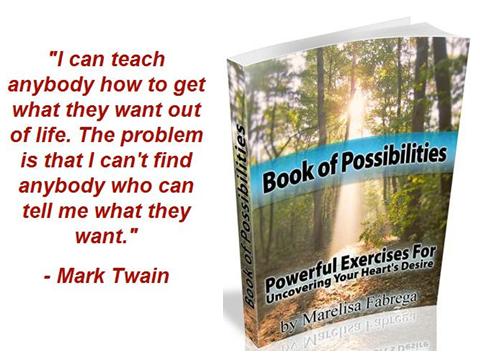

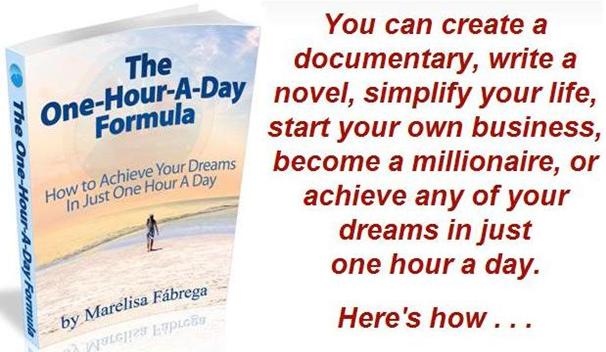

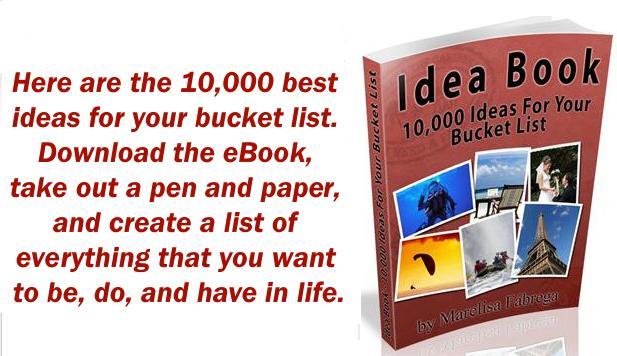

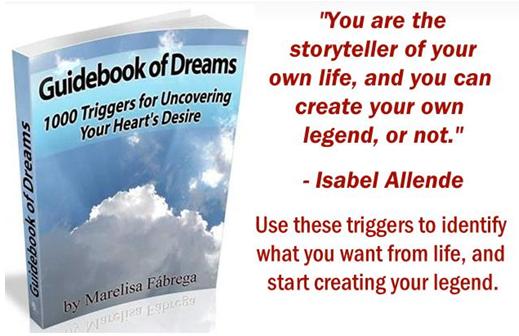

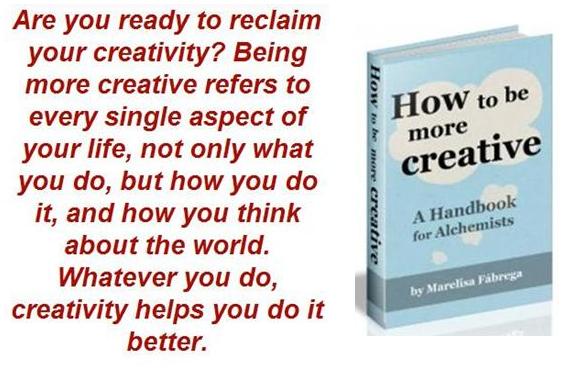
Related Posts:
Did you enjoy this article? Subscribe to “Daring to Live Fully” by clicking here and get free updates.






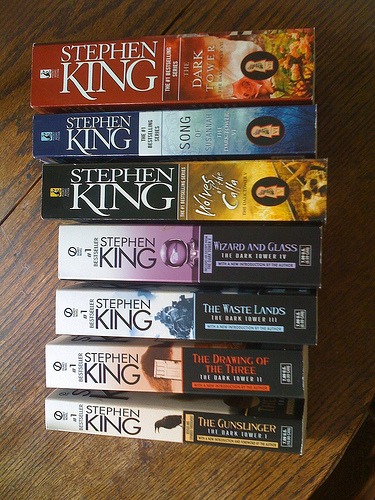


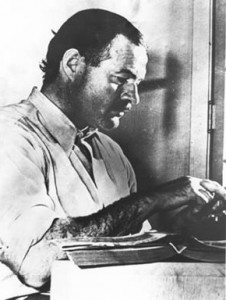
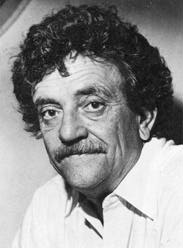


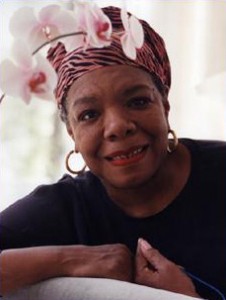
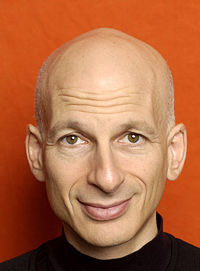












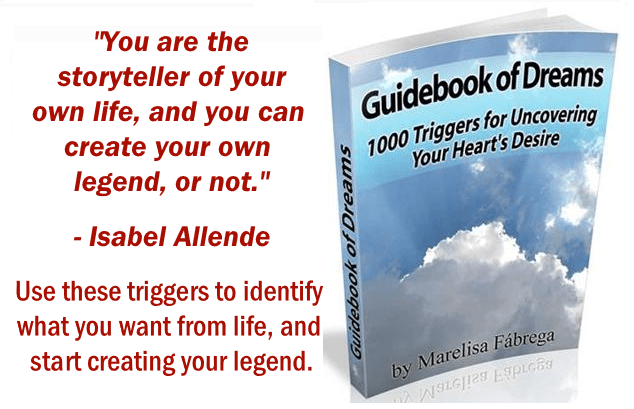
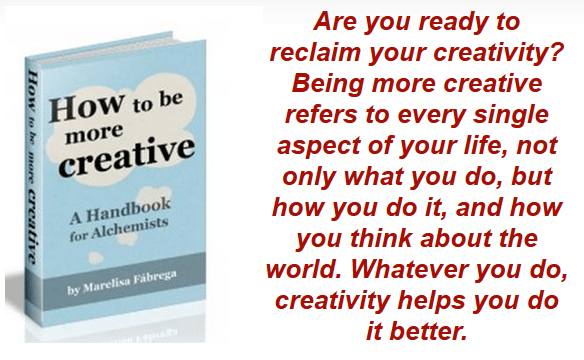






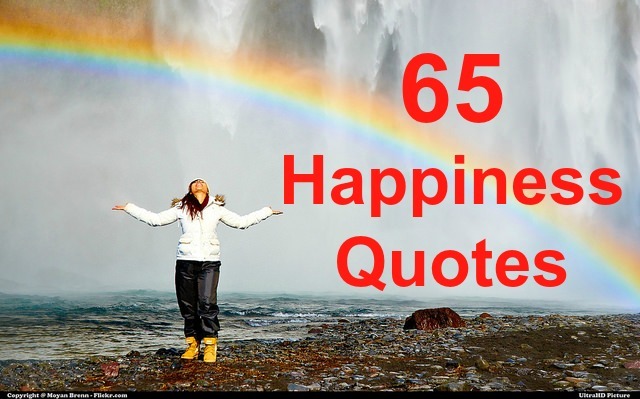
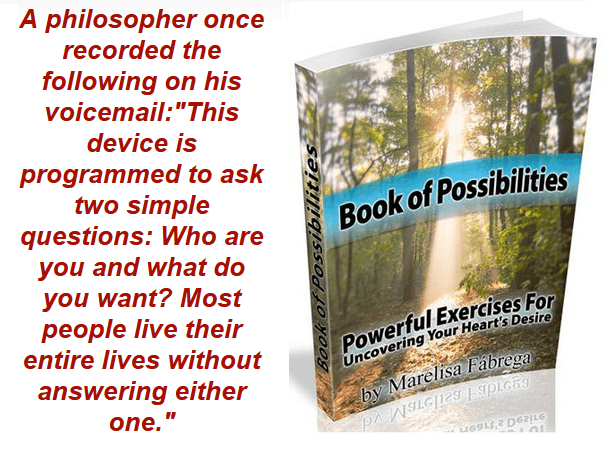
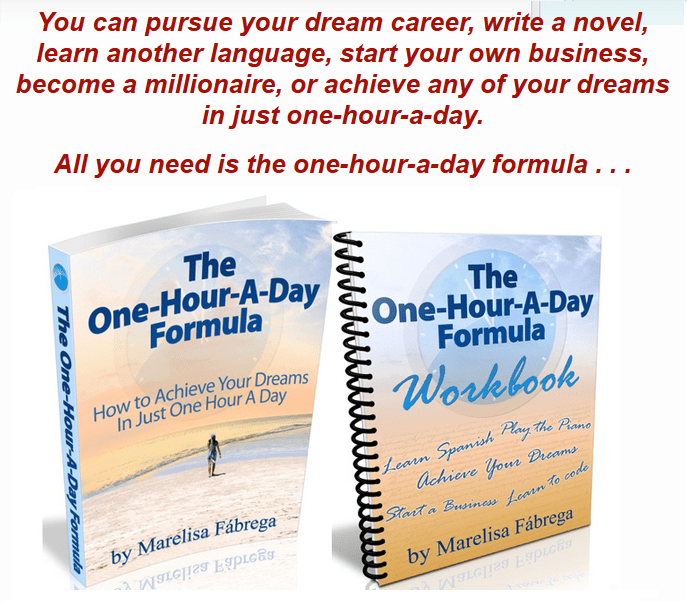

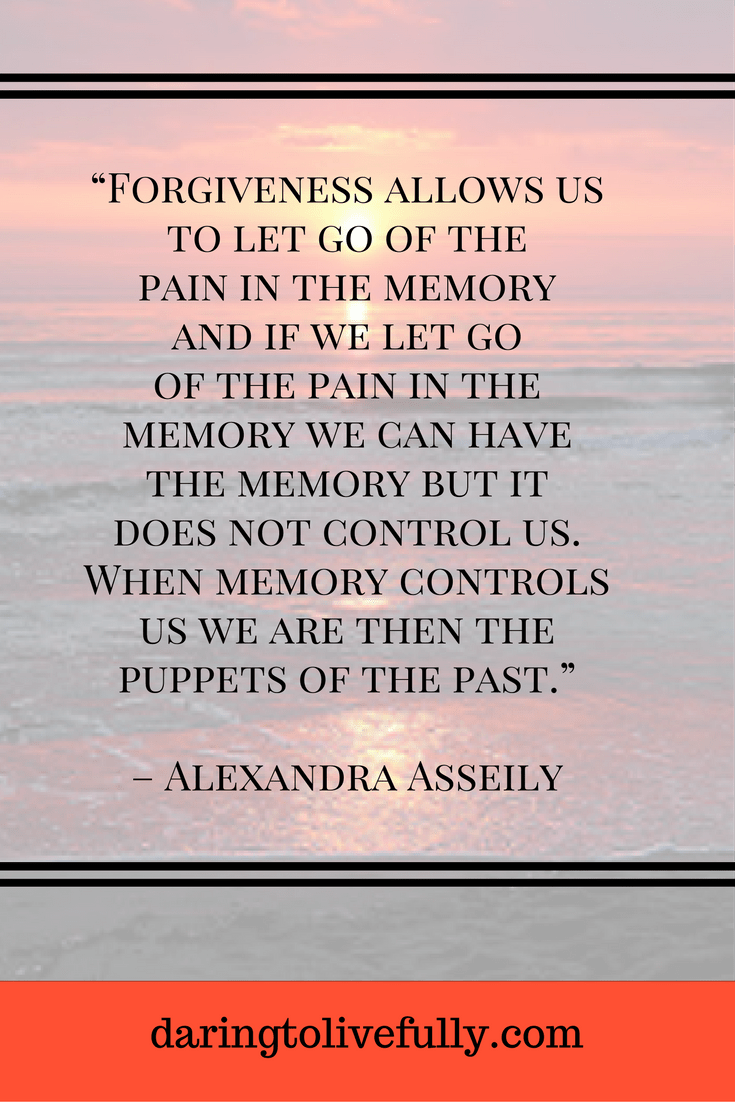

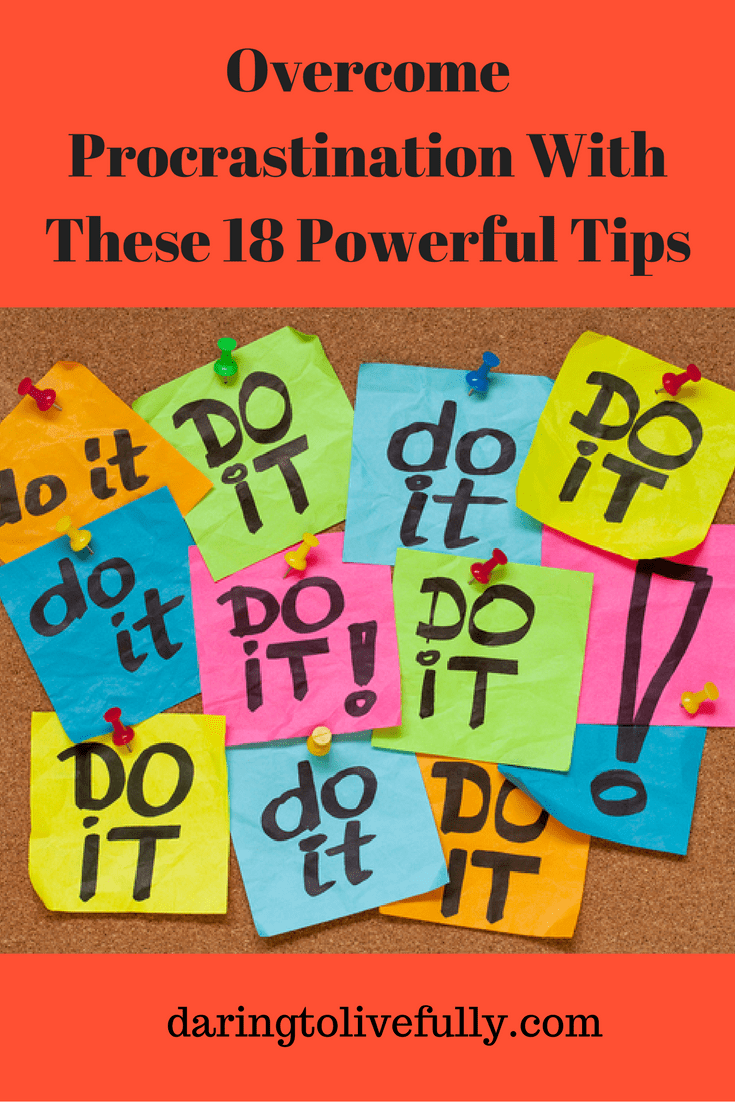
 Marelisa Fabrega is a lawyer and entrepreneur. She holds a Bachelor of Science in Business Administration from Georgetown University in Washington, D.C., as well as a Juris Doctor from the Georgetown University Law Center. You can learn more about her
Marelisa Fabrega is a lawyer and entrepreneur. She holds a Bachelor of Science in Business Administration from Georgetown University in Washington, D.C., as well as a Juris Doctor from the Georgetown University Law Center. You can learn more about her 





